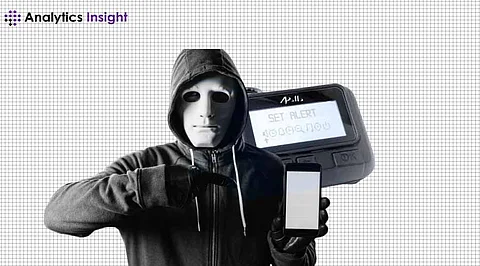

In a series of pager blasts on September 18 across Lebanon, at least nine people were killed and over 3,000 injured.
The pagers are said to belong to Hezbollah, which detonated simultaneously in a coordinated attack that sent terror down the streets of several towns and villages. Video footage catches one blast as it occurs while a man is purchasing some groceries, evident of the severity and randomness of the attacks.
The cause of the explosions has not yet been confirmed, but early theories point to the overheating of Lithium-ion batteries.
Of course, there are many suspicious attempts at a more complex scheme involving tampered devices. Reports indicate that the pagers, manufactured by Gold Apollo, could have had hidden explosives and detonated remotely, the company denies any involvement.
Lithium-ion batteries are known for good energy storage and efficiency, but sometimes these batteries break down due to manufacturing flaws, excessive overcharging, or physical damage, which results in overheating or even explosions. In most cases, such failures are isolated incidents and not planned attacks. In the case of Hezbollah pager explosions, it seems to be a planned effort, which might have been achieved through advanced technology, foresight, and planning.
The chances of a mobile phone-based attack are relatively low because modern mobile phones have better safety features. Modern mobile phones come with cooling systems and robust circuitry that is less prone to overheating and is less likely to short-circuit. In cases where incidences of fires in batteries are reported, they are mostly blamed on defective parts or misuse and not on sabotaging.
Prevent fires from the mobile phone battery by not overcharging, ensuring certified chargers, keeping devices cool, and replacing damaged or swollen batteries quickly.
Even if it is old-fashioned, pagers are still utilized by groups such as Hezbollah as they are so simple and not easily tracked. This has awakened alarm bells from Israeli intelligence about Hezbollah's newest tactics related to surveillance. The simultaneous blasts heightened security concerns amidst continuing combat between Hezbollah and Israel as skirmishes are being waged along the Lebanon-Israel border.
While events unfold, this shocking attack has sent waves questioning electronic devices' security and what the future may hold. Though an electronic gadget such as the smartphone has had such immeasurable safety mechanisms, still this is alarming.
This brings to the fore the vulnerabilities that come with all electronic devices. Security shall be heightened and vigilance shall ensue in safeguarding against such eventualities in the future.
